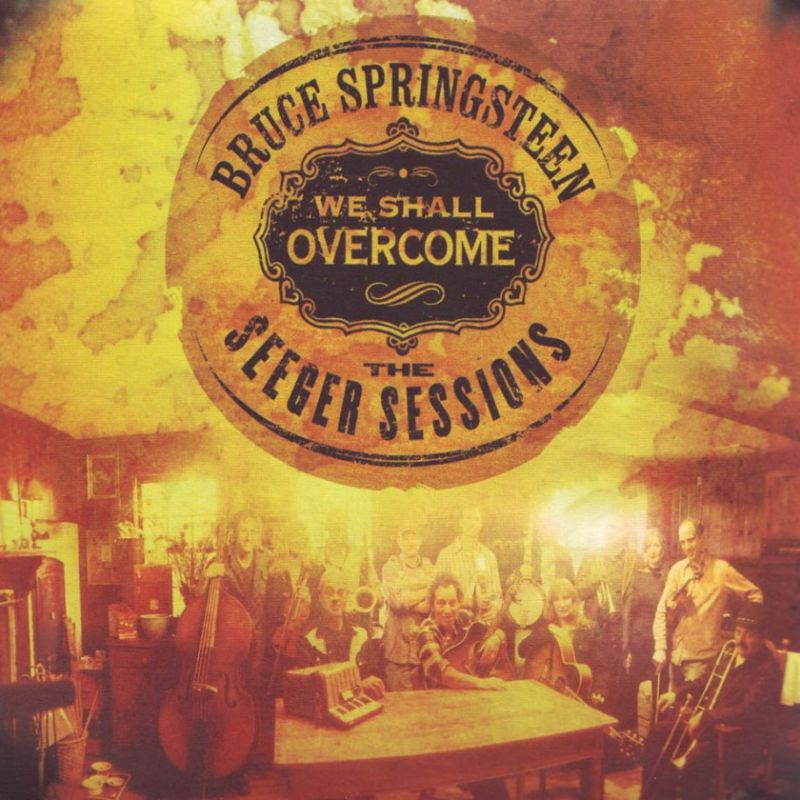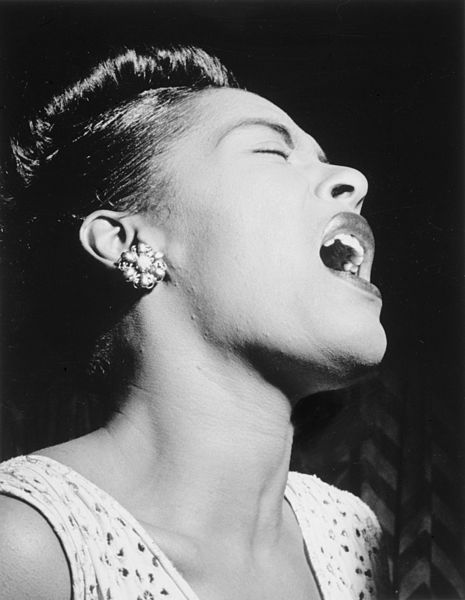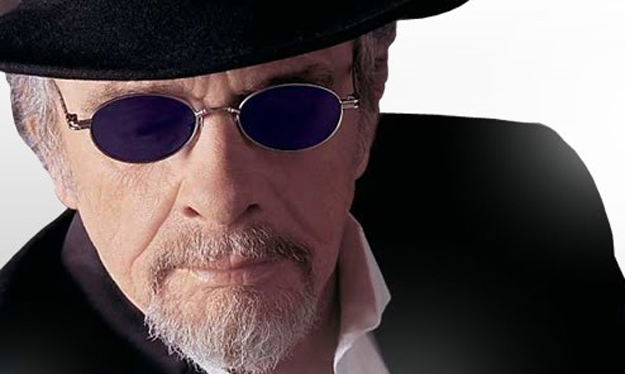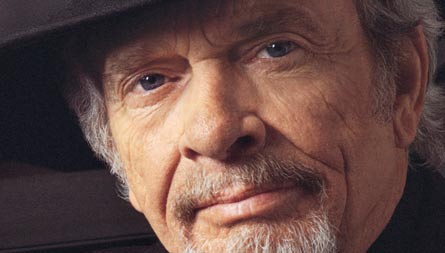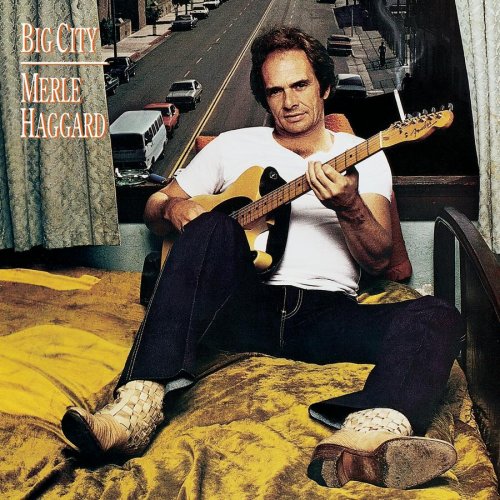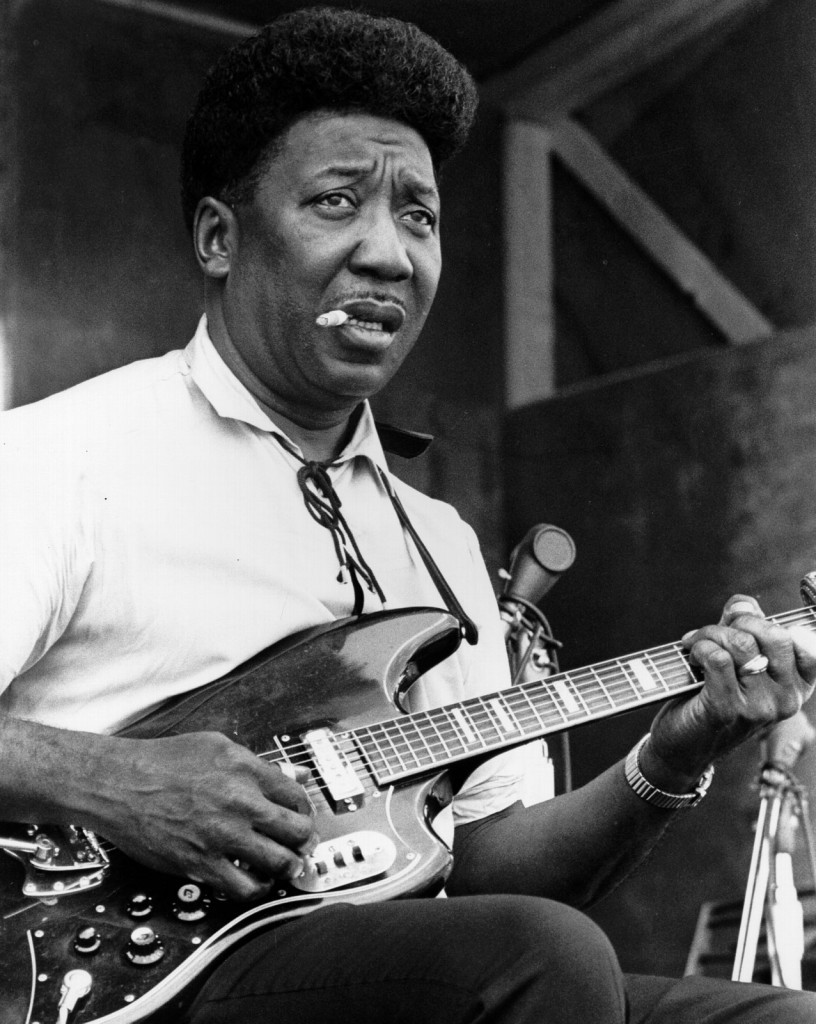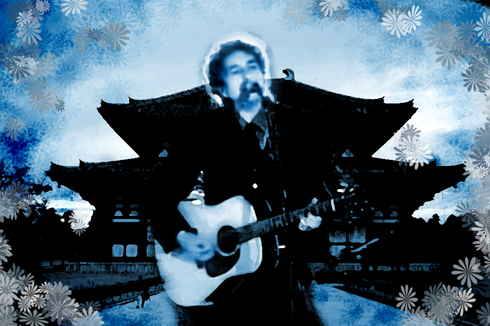
Bob Dylan performed at The Great Music Experience third day in a row. Todai-ji Temple, Nara, Japan – 1994.
In cooperation with UNESCO, the festival, The Great Music Experience was held over three days in Nara, Japan. It was trying to bring Japanese culture out to the world, and Japanese musicians shared the stage with artists from around the globe.
The concert took place in front of the world’s largest wooden building, the Buddhist temple of Todai-Ji, housing the largest Buddha statue in the world.
Dylan stole the show and he said as soon as he came off-stage that he had not sung so well for 15 years. Bob Dylan opened with A Hard Rain’s A-Gonna Fall on which Q magazine said: This is no ordinary version… he really opens his lungs and heart and sings, like he’s not done for many a year…The only word for it majestic!
Here it is the whole Bob Dylan set, enjoy!
TODAI-JI TEMPLE
TARA, JAPAN
MAY 22,1994
The Great Music Experience. Produced by Tony Hollingsworth
1. A Hard Rain’s A-Gonna Fall
2. I Shall Be Released
3. Ring Them Bells
4. I Shall Be Released
1–3 Bob Dylan (guitar & vocal) backed by Phil Palmer (guitar), ”Wix” Vickens (keyboards), Pino Palladino (bass), Jim Keltner (drums) and The Tokyo New Philharmonic Orchestra conducted by Michael Kamen
4 Bob Dylan (guitar & shared lead vocal) in the grand finale with all participating artists, among them Joni Mitchell, Jon Bon Jovi, Richie Sambora, Ry Cooder, Roger Taylor and the members of INXS and X Japan.
- 1–3 was broadcast in the radio and TV program THE GREAT MUSIC EXPERIENCE COUNTDOWN, 22 May 1994 in over 50 countries all over the world.
- 4 broadcast in the radio and TV program THE GREAT MUSIC EXPERIENCE COUNTDOWN, 29 May 1994 on BBC in the UK.
- 1 released in Scandinavia on CD single Columbia COL 660942 2, 15 December 1994.
- 1 released on CD single Dignity (MTV Unplugged), Columbia COL 661 400 2, 11 April 1995.
Musicians said the collaborations, however rewarding, were difficult given the differences in musical backgrounds. “The only thing holding us together this evening is the shining Buddha,” said Michael Kamen, a composer of movie soundtracks who is serving as the musical director here and who composed an overture that encompassed all the musicians and instruments. The mixing of the music is being done by George Martin, who was the Beatles’ producer. (New York Times)
Other 22 May:
Continue reading Today Bob Dylan gave us the Great Music Experience in 1994 – 19 years ago

